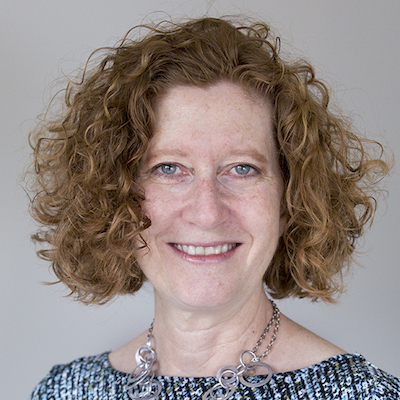A Massapequa native returns to Long Island Friday for a presentation about pregnancy and poverty.
Lynn Paltrow, founder of National Advocates for Pregnant Women, will speak at 7:30 p.m. Friday at Unitarian Universalist Congregation at Shelter Rock in conjunction with the congregation’s women’s group.
Paltrow said her presentation focuses on the “pro-lives” perspective, focusing on not only the life of the fetus but also of the mother.
About 62 percent of women who have had abortions are already mothers, Paltrow said, and about 84 percent of women have given birth by their 40s.
Paltrow referred to the U.S. Senate’s rejection of a 20-week abortion ban as a relevant issue for all women, even those who never plan to end a pregnancy.
“While we do not want to define people only by motherhood, the idea that there are two different kinds of women, women who end their pregnancies and women who go to term and raise children, is absurd,” Paltrow said.
Maria Ceraulo, the congregation’s women’s issues committee chairman, said she first saw Paltrow speak at Stony Brook University in September and has been trying to get her to Manhasset ever since.
“The focus is to take care of the fetus at all costs, and it’s not about the mother,” Ceraulo said. “We’re not too committed to the health of the mother, and I think more people should know that. For the health of our young women, daughters and grandchildren, we should know what they are facing by getting pregnant in America.”
Paltrow said the mortality rate for pregnant women is higher in the United States than any other developed country and, unlike other modern nations, it is not decreasing from year to year.
“We say we value life, but it doesn’t seem to include the lives of pregnant women,” Paltrow said. “Some pregnant women are more likely to not only experience health problems and even death, but they are more likely to be targeted by prosecutors and case workers for punitive state actions.”



